Editorial
AFCON 2017: Congrats, Cameroon!
Two weeks ago, the Cameroon’s national football team, Indomitable Lions out-witted their Egyptian counterparts, the Pharaohs 2-1 in the final match of the 2017 Africa Cup of Nations, AFCON, played at the Stade de L’Amittie in Gabon to emerge champions of Africa again.
The triumph marked the fifth time and since 15 years that Cameroon would win the continental championship and rule Africa. In fact, the manner of the Lions’ victory was impressive and worthy of note despite prosecuting the tournament with less than full strength squad.
Just at the eve of the competition, many of the country’s top players (about eight), especially those playing in the English Premier League opted to turn their back on their national team and pitched tent with their clubsides. With the development and recent record at the tournament, not many gave the Lions a chance to roar at the championship, particularly, in the final match with Egypt.
But just as true trojans they are, the young but highly motivated players not only beat all oppositions on the way to the final, they, against popular expectations defeated Egypt in the final to lift the trophy. That victory ended Egypt’s 24-match unbeaten run and exerted a sweet revenge over the Pharaohs for the 2008 edition’s final loss in Ghana.
It would be recalled that the last time Cameroon won the Nations Cup was in Senegal 2002, after which the Indomitable Lions virtually went comatose following a drastic down-turn of football administration in that French-speaking country.
That is why The Tide commends the impressive performance of the Cameroonian team at the 2017 AFCON in Gabon. We believe that their victory is worthy and well-deserved. As typical of the Lions, they exhibited dogged spirit of patriotism, determination and unity of purpose throughout the duration of the tournament.
The Tide believes that the latest Cameroon’s AFCON victory serves one or more lessons for the Super Eagles of Nigeria, the Nigeria Football Federation (NFF) and indeed all football stakeholders in Nigeria as they work towards repositioning and re-launching the game and the national team in Nigeria, Africa and beyond.
It is quite sad that for inexplicable reasons, Nigeria failed to even qualify for the past two Nations Cup competitions back-to-back at Equatorial Guinea and Gabon in 2015 and Gabon 2017 respectively. We therefore, urge the Super Eagles and football authorities to borrow a leaf from the Indomitable Lions and Cameroon’s Football Federation, FECAFOOT. There must be something exceptionally good that was done by them on and off the field to ensure the success attained in Gabon.
The era of players feeling too big to honour national call is gone as any team can do without the so-called non-committal big names as Cameroon has shown.
No doubt, the current squad of Super Eagles and officials seem to be taking positive steps to rejuvenate the national team. Recent matches have shown signs of improvement and the desire to do well in the team. More pragmatic steps, hardwork and commitment are needed to take the national team to the height the country truly deserves in the game.
We believe that with proper planning and focus, Nigeria boasts the potential to rule Africa and world football and that potential must be brought to light in the twin-race to qualify for the 2018 World Cup in Russia and the next edition of AFCON that will hold in Cameroon in two years time.
As Nigeria prepares for her next World Cup qualifiers, which incidentally is a double header against the African champions, Cameroon, all steps must be pulled to cut the Lions to size and keep the hope for a ticket to Russia 2018 alive.
Even as we celebrate Cameroon’s exploits in Gabon, we urge the Super Eagles and the NFF not to be overwhelmed by them but to be battle ready to hold their own in the race for Russia 2018 World Cup and 2019 AFCON, respectively.
Editorial
That FEC’s Decision On Tertiary Institutions
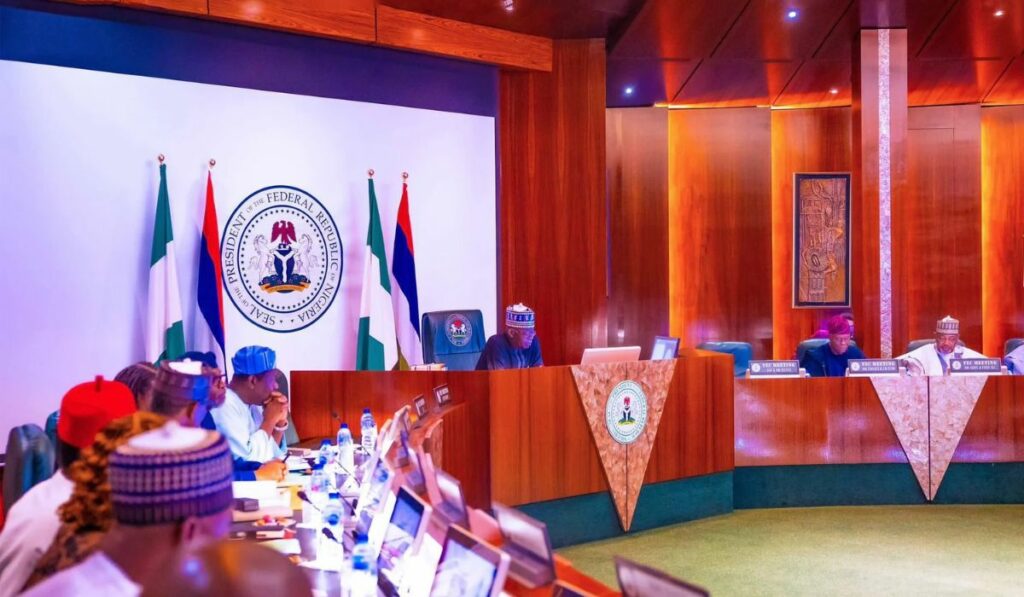
Editorial
Addressing Unruly Behaviours At The Airports

It began as a seemingly minor in- flight disagreement. Comfort Emmason, a passenger on an Ibom Air flight from Uyo to Lagos, reportedly failed to switch off her mobile phone when instructed by the cabin crew. What should have been a routine enforcement of safety regulations spiralled into a physical confrontation, sparking a national debate on the limits of airline authority and the rights of passengers.
The Nigerian Bar Association (NBA) wasted no time in condemning the treatment meted out to Emmason. In a strongly worded statement, the body described the incident as “a flagrant violation of her fundamental human rights” and called for a thorough investigation into the conduct of the airline staff. The NBA stressed that while passengers must adhere to safety rules, such compliance should never be extracted through intimidation, violence, or humiliation.
Following the altercation, Emmason found herself arraigned before a Magistrate’s Court and remanded at Kirikiri Maximum Security Prison, a location more commonly associated with hardened criminals than with errant passengers. In a surprising turn of events, the Federal Government later dropped all charges against her, citing “overriding public interest” and concerns about due process.
Compounding her woes, Ibom Air initially imposed a lifetime ban preventing her from boarding its aircraft. That ban has now been lifted, following mounting public pressure and calls from rights groups for a more measured approach. The reversal has been welcomed by many as a step towards restoring fairness and proportionality in handling such disputes.
While her refusal to comply with crew instructions was undeniably inappropriate, questions linger about whether the punishment fit the offence. Was the swift escalation from verbal reminder to physical ejection a proportionate response, or an abuse of authority? The incident has reignited debate over how airlines balance safety enforcement with respect for passenger rights.
The Tide unequivocally condemns the brutal and degrading treatment the young Nigerian woman received from the airline’s staff. No regulation, however vital, justifies the use of physical force or the public shaming of a passenger. Such behaviour is antithetical to the principles of customer service, human dignity, and the rule of law.
Emmason’s own defiance warrants reproach. Cabin crew instructions, especially during boarding or take-off preparations, are not mere suggestions; they are safety mandates. Reports suggest she may have been unable to comply because of a malfunctioning power button on her device, but even so, she could have communicated this clearly to the crew. Rules exist to safeguard everyone on board, and passengers must treat them with due seriousness.
Nigerians, whether flying domestically or abroad, would do well to internalise the importance of orderliness in public spaces. Adherence to instructions, patience in queues, and courteous engagement with officials are hallmarks of civilised society. Disregard for these norms not only undermines safety but also projects a damaging image of the nation to the wider world.
The Emmason affair is not an isolated case. Former Edo State Governor and current Senator, Adams Oshiomhole, once found himself grounded after arriving late for an Air Peace flight. Witnesses alleged that he assaulted airline staff and ordered the closure of the terminal’s main entrance. This is hardly the conduct expected of a statesman.
More recently, a Nollywood-worthy episode unfolded at Abuja’s Nnamdi Azikiwe International Airport, involving Fuji icon “King”, Wasiu Ayinde Marshal, popularly known as KWAM1. In a viral video, he was seen exchanging heated words with officials after being prevented from boarding an aircraft.
Events took a dangerous turn when the aircraft, moving at near take-off speed, nearly clipped the 68-year-old musician’s head with its wing. Such an occurrence points to a serious breach of airport safety protocols, raising uncomfortable questions about operational discipline at Nigeria’s gateways.
According to accounts circulating online, Wasiu had attempted to board an aircraft while he was carrying an alcoholic drink and refused to relinquish it when challenged. His refusal led to de-boarding, after which the Aviation Minister, Festus Keyamo, imposed a six-month “no-fly” ban, citing “unacceptable” conduct.
It is deeply concerning that individuals of such prominence, including Emmason’s pilot adversary, whose careers have exposed them to some of the most disciplined aviation environments in the world, should exhibit conduct that diminishes the nation’s reputation. True leadership, whether in politics, culture, or professional life, calls for restraint and decorum, all the more when exercised under public scrutiny.
Most egregiously, in Emmason’s case, reports that she was forcibly stripped in public and filmed for online circulation are deeply disturbing. This was an act of humiliation and a gross invasion of privacy, violating her right to dignity and falling short of the standards expected in modern aviation. No person, regardless of the circumstances, should be subjected to such degrading treatment.
Ibom Air must ensure its staff are trained to treat passengers with proper decorum at all times. If Emmason had broken the law, security personnel could have been called in to handle the matter lawfully. Instead, her ordeal turned into a public spectacle. Those responsible for assaulting her should face prosecution, and the airline should be compelled to compensate her. Emmason, for her part, should pursue legal redress to reinforce the principle that justice and civility must prevail in Nigeria’s skies.
Editorial
Restoring PH’s Garden City Status
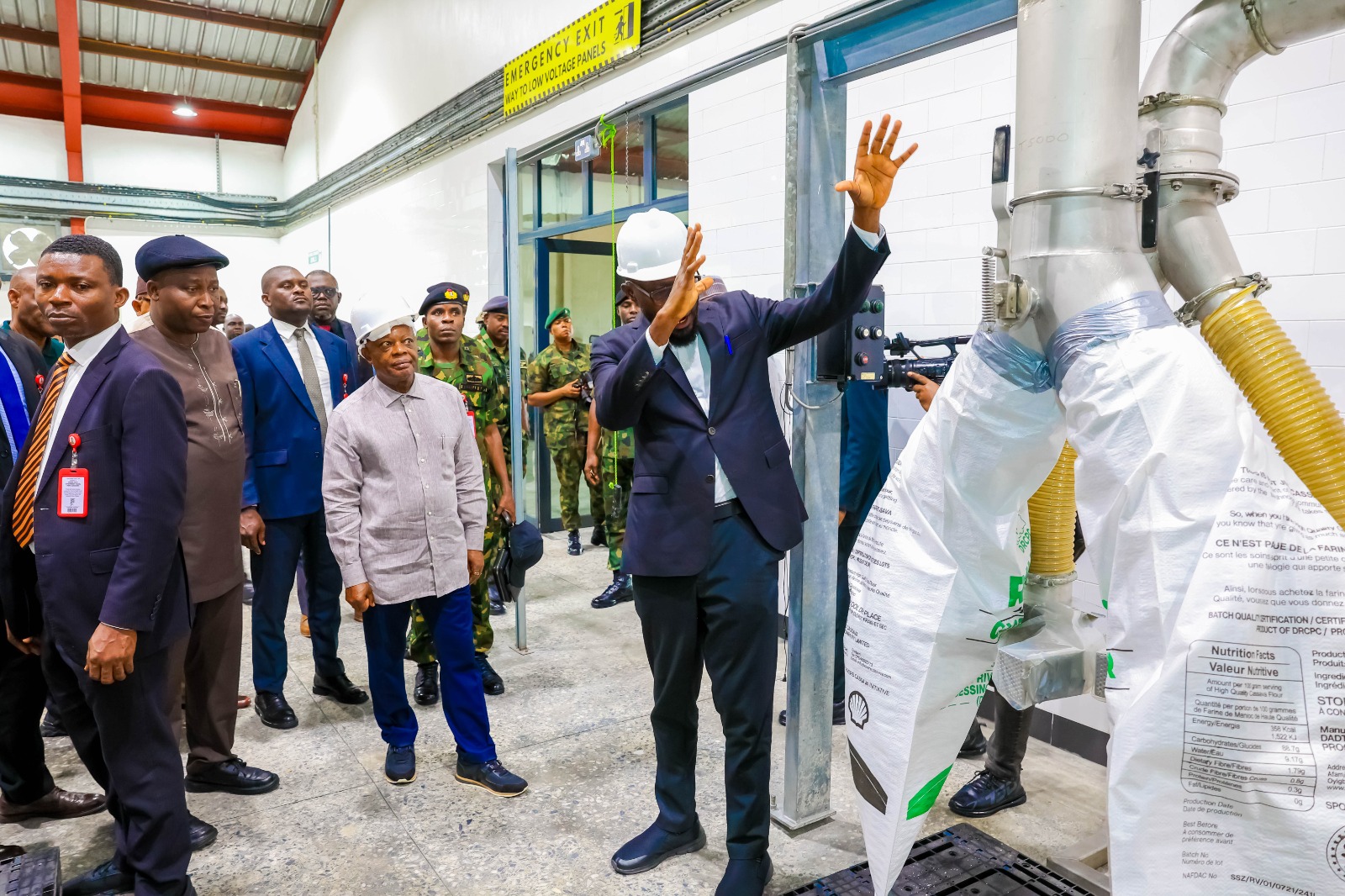
-

 Maritime5 days ago
Maritime5 days agoNCC Announces Telecoms Facilities Protection Measures
-

 Business5 days ago
Business5 days agoAON Lifts Ban On Freed Ibom Air Passenger
-
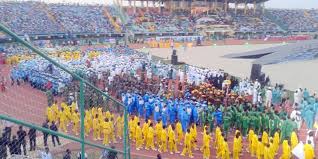
 Sports5 days ago
Sports5 days agoNYG:154 Nasarawa Contingent Storms Kwara For Zonal Eliminations
-
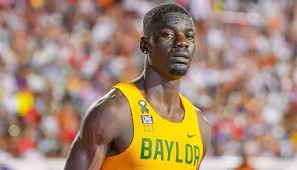
 Sports5 days ago
Sports5 days agoNathaniel breaks record as Amusan, Ofili clinch third
-

 Sports5 days ago
Sports5 days agoNigeria delegation Visits London over 2030 Commonwealth bid
-
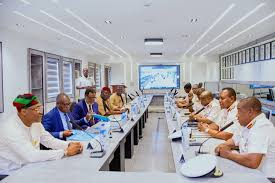
 Maritime5 days ago
Maritime5 days agoBureaucracy, Relationship Gaps, Bane Of Maritime Safety Investigation – NSIB
-
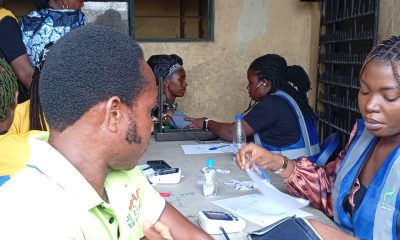
 News5 days ago
News5 days agoChurch Renders Free Medical Outreach, Others To Host Communities
-

 Business5 days ago
Business5 days agoPETAN, Others Unveil ALCO, Get NCDMB’s Support … Mull Synergy With APPO, AU

